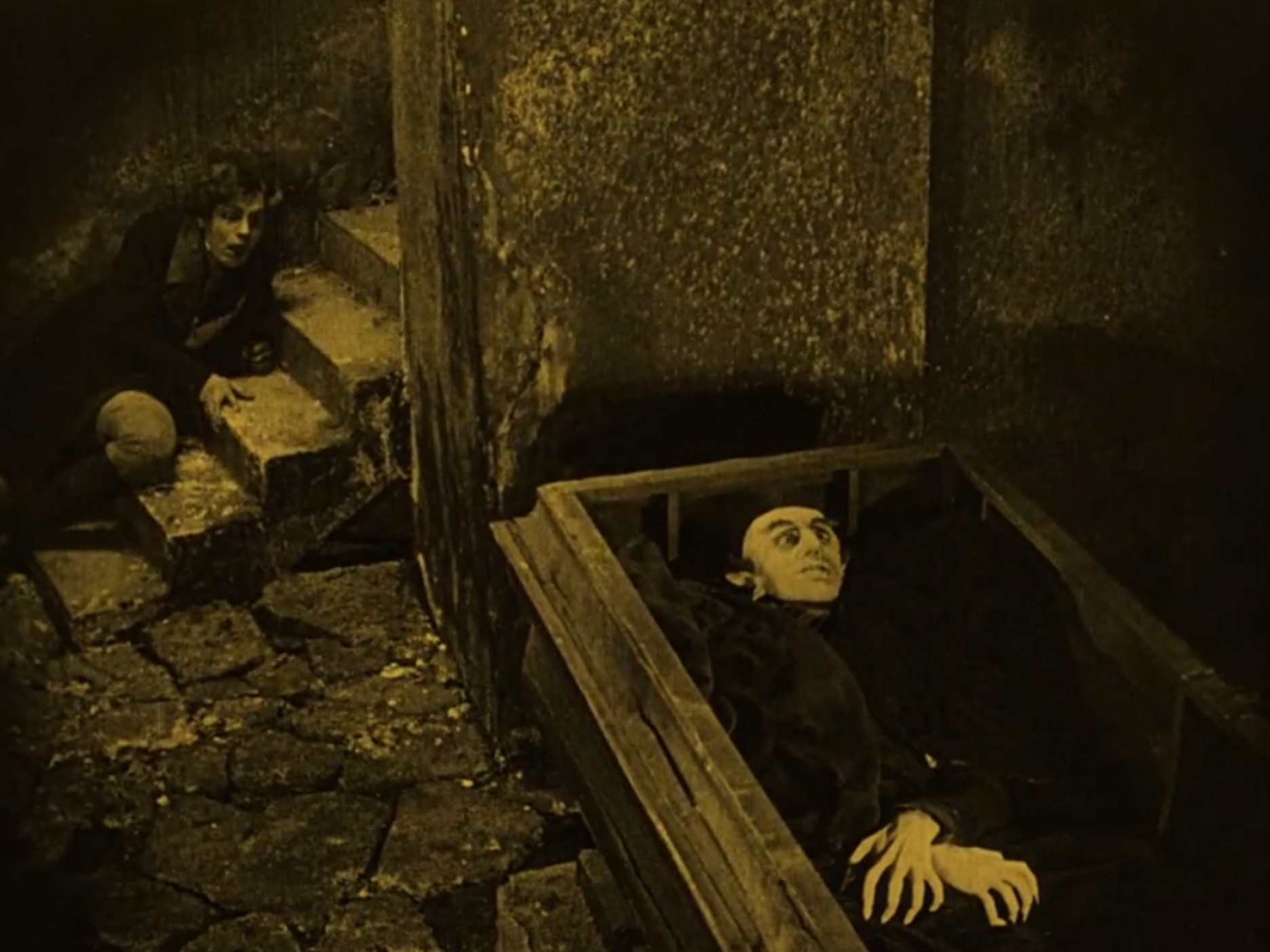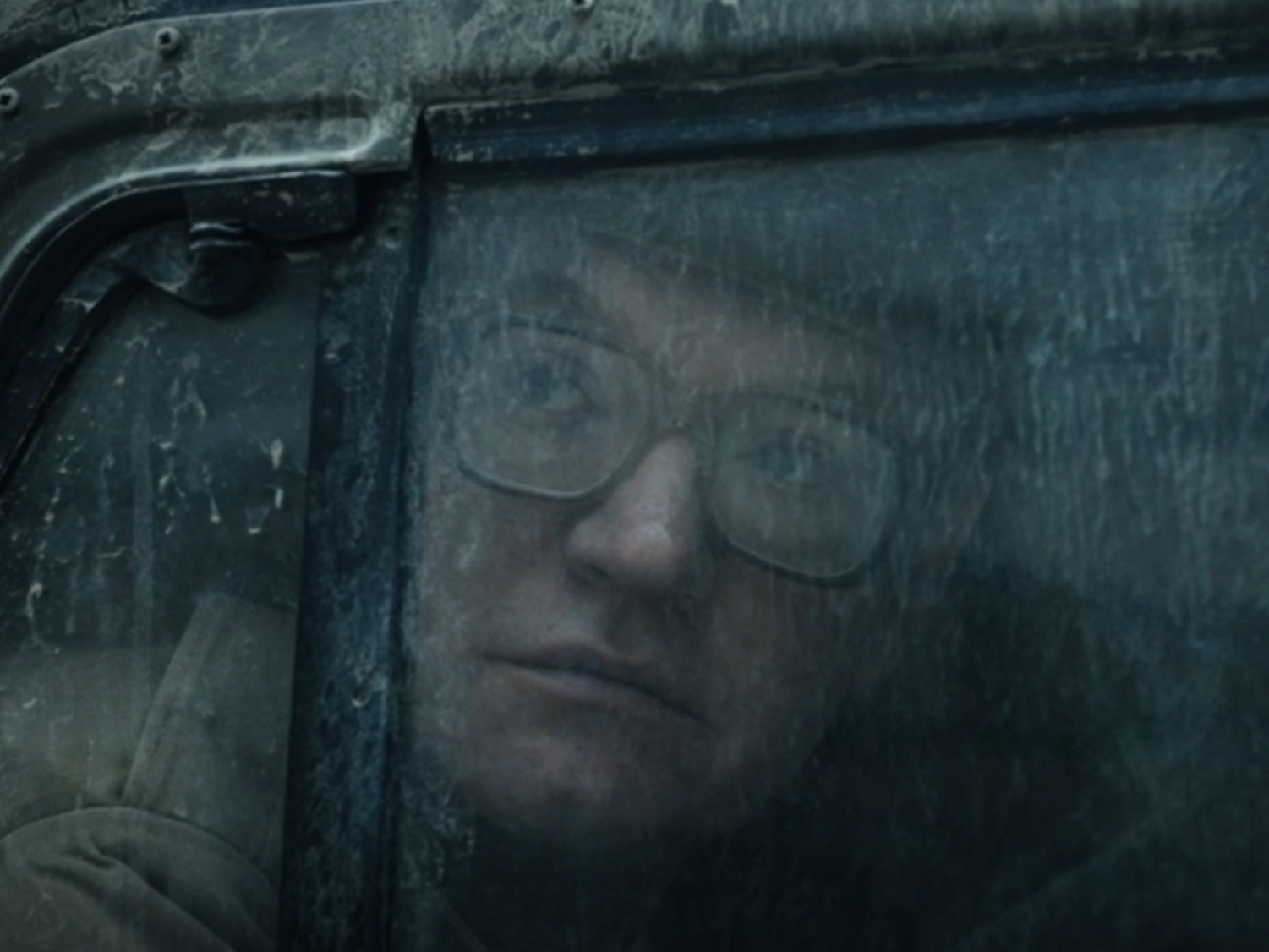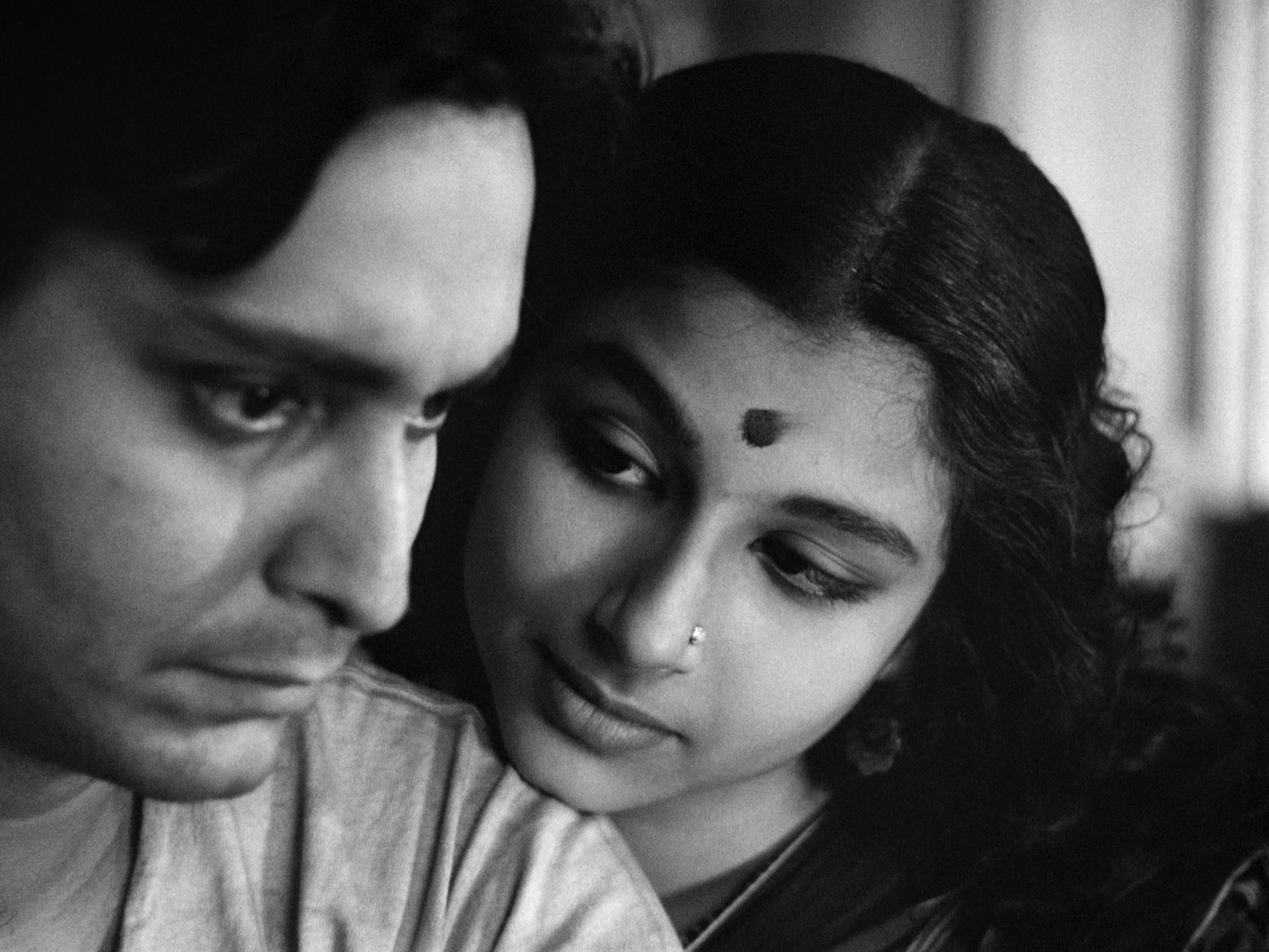*written for Call Me [Brackets]
White Wedding Book Review
By Devin Baron
The protagonist never gets a name. She is only called “the woman.” Though a stranger to everyone, she sees deeper into a person she has just met than their best friend ever could. She is a master seductress but a calculated one, her motives unknown. The woman’s targets and the reader go on a rollercoaster of humanness—understanding, pleasure, disappointment, and mystery.
White Wedding is a lean 128-pager, the first novel written by Kathleen J. Woods. The book reads like a collection of erotica bound by a throughline of mystery. Woods begins chapters in the third person, only to pass off her narration powers to the woman. The woman likes to tell characters stories about her past, acting as flashbacks that are hard to decipher truth or fiction. Through these stories, we start to wonder about the woman’s origin story. We bounce back and forth from the woman’s sensual tales to a present-day wedding. The ceremony is all smiles on the surface, but suppressed pain is abundant beneath.
The second lead character is a misunderstood college student named Charlotte. As the woman sits in her passenger, challenging her, Charlotte regrets not trusting her instincts. She never should have given the woman a ride. Charlotte drops off the woman and drives the rest of the way home, thinking that to be the end of her hitchhiking mistake. She soon learns there will be far more consequences. When the woman appears at the marriage ceremony, Charlotte knows she is there to wreak havoc.
Charlotte is a bridesmaid; the bride is her stepsister, Michaela. They share a father named Greg, who comes off as clever and optimistic, but has demons of his own. His ex-wife, Susan, holds on to the relationship they once had, while his current wife, Helen, doubts the one she is in.
The woman talks to all these people and others, including the groom’s high school friends, a caterer, a bartender, and a cabby. None of them are the same afterward. Each watches their social faces torn down and their deep heart exposed. The woman gives them their desires—the desires that others have but they can’t; the desires they once had but no longer; the desires they could have but won’t allow themselves; the desires that they deserve. At a celebration of unity, purity, and life, the woman inspects the undergrowth of brokenness, filth, and ruin.
If I had one thing to say about Woods from her debut novel, it is this: she does not believe in your veil of innocence. She knows you wear the veil to cope with frustration. We present our sanitized selves because we are scared. We are afraid of others seeing our dark wants but also afraid of ourselves seeing. We’re scared of how we’d feel if we let ourselves have it; so we deny it. Woods attempts to veto our refusal and give it to us anyways.
Woods displays her talent by writing sweaty, tangible descriptions of intense, escalating erotic scenes. She has a knack for pacing. Emulating the varying chain of events that lead to intercourse, she will sometimes surprise the reader with how quickly they are thrust into passion. Other times, the reader might see the act of lust coming way ahead of time and enjoy themselves while they ride the anticipation.
Woods is also skilled in maintaining tone. She reveals as much information as she needs to keep readers thinking they are on the verge of an important revelation. Meanwhile, the persistent inclusion of her world’s grimy scents gives the cryptic a unique complement.
Though gifted, Woods may lose the reader with her muddled transitions and unsatisfactory outcomes. By only calling her main character by her generic gender noun and by switching from third person to first person perspective for certain scenes, Woods relies too heavily on the audience to find their footing. Readers may be turned off by having to recalculate their place in the story. Along with this, Woods leans towards sandpapery conclusions. Depending on the answers you seek in the story, she may never give you anything fulfilling, leading you along, offering only more mystery and speculation. White Wedding may get you off but it won’t cuddle you afterward.
The strength of the book lies in its sensory details. If you are open to erotic variety packs, you should see what Woods presents. She offers a distinctive take on the elements that can arouse. White Wedding is an obscure exploration of the enflaming and muffling of human thirst.








